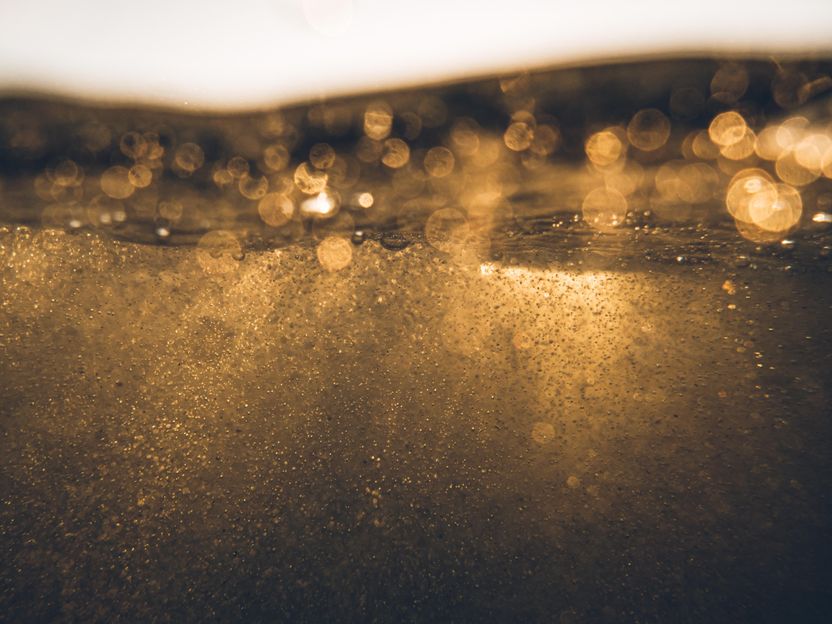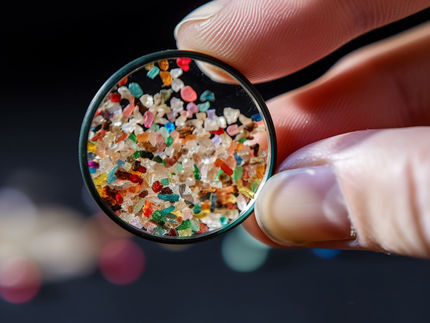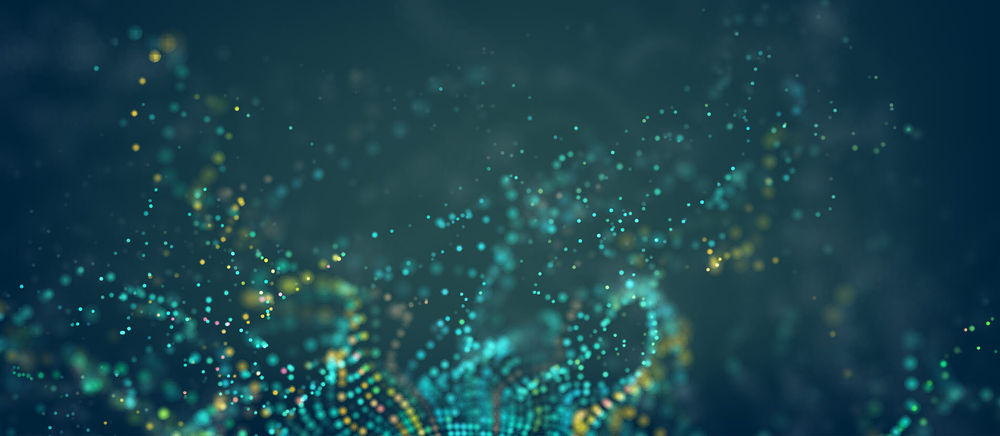Automated measurement technique for microplastic detection in water
Graduates of the University of Bayreuth receive EXIST start-up scholarship
Advertisement
Jens Pfeiffer and Valentin Meiler are funded by the EXIST Start-up Grant from the Federal Ministry of Economics and Climate Protection and the European Social Fund (ESF). The funding amount for "MYTRA - Measurement of Microplastics" is over 100,000 euros.

Symbolic image
Unsplash
The founding team, which so far consists of Jens Pfeiffer and Valentin Meiler, will refine the self-developed measurement method for microplastic articles over the next twelve months and develop it further for industrial application. The founding idea arised in the course of their Master's theses at the University of Bayreuth. "Microplastic particles can be found almost everywhere and can also be absorbed by humans through food and the air we breathe. In order to identify causes and entry paths, microplastic particles must be measured reliably, area-wide, quickly and, above all, cost-effectively," explains Valentin Meiler. "The developed method based on impedance spectroscopy makes it possible to determine the size, number plastic type and possibly also shape of particles in water while the sample is passing through the measuring device." Impedance spectroscopy measures the AC resistance in water at different frequencies. If there are particles in the water, the measured value changes depending on the particle size, number and type.
Exactly this measurement in the run is also the exciting thing about the method. Jens Pfeiffer and Valentin Meiler's measuring system passes water through a measuring cell. The results are then displayed on the computer. Jens Pfeiffer's master's thesis showed that measurement in flow works. Now the aim is to optimise the measuring system for different applications. "There are already many methods for measuring microplastics," says Jens Pfeiffer. "But we also learned during our work on the master's theses that these methods involve many problems. For example, until now the samples often had to be sorted by hand and analysed with extremely expensive equipment. With our method, we want to develop a measuring device that is more cost-effective, many times faster and, through automation, also widely applicable."
"Currently, most of the time only random samples are taken when analysing microplastic pollution in the environment. In addition, sample preparation for the subsequent chemical identification of the particles is still very time-consuming," explains Prof. Dr Christian Laforsch, spokesperson for the Collaborative Research Centre SFB 1357 Microplastics at the University of Bayreuth, Chair of Animal Ecology I and co-mentor of the two founders. "With the new method, the particles could be continuously analysed directly at the sampling point on site."
The founding idea is based on the Master's theses of Jens Pfeiffer and Valentin Meiler. They both wrote their theses at the Chair of Measurement and Control Technology under Prof. Dr.-Ing. Gerhard Fischerauer and his PhD student Luca Bifano. "The automation and optimal adaptation of measurement processes to concrete problems is a major topic in measurement and control technology," says Prof. Fischerauer, mentor of the two. "MYTRA aims to develop such an automated measurement technique for microplastic detection in the field."
When applying for the EXIST start-up grant, Jens Pfeiffer and Valentin Meiler were supported by the Institute for Entrepreneurship and Innovation at the University of Bayreuth. It is the central contact point for founders at the university. Their start-up advisor Dr. Andreas Kokott explains: "The EXIST start-up scholarship is a non-repayable grant. An ideal funding programme that can be applied for at any time for teams of up to three founders."
The EXIST start-up scholarship for MYTRA started on 1 August. They are currently working on a business plan in addition to their technical development. "We are also currently looking for a third team member to support us with business management skills," adds Meiler. "As a hardware-based start-up, technology development is naturally our top priority," explains Pfeiffer. That is why the two inventors are not aiming to found a company until the end of the funding period. Within the next twelve months, the two UBT graduates can fully concentrate on this: Prof. Fischerauer's chair is providing them with laboratory space and they have an office in the Institute for Entrepreneurship & Innovation. The two graduates will receive funding of 105,000 euros from the EXIST programme.
The project "MYTRA - Measurement of Microplastics" is funded by the Federal Ministry for Economic Affairs and Energy and the European Social Fund as part of the EXIST programme.
Other news from the department science
Most read news
More news from our other portals
Something is happening in the chemical industry ...
This is what true pioneering spirit looks like: Plenty of innovative start-ups are bringing fresh ideas, lifeblood and entrepreneurial spirit to change tomorrow's world for the better. Immerse yourself in the world of these young companies and take the opportunity to get in touch with the founders.
































































